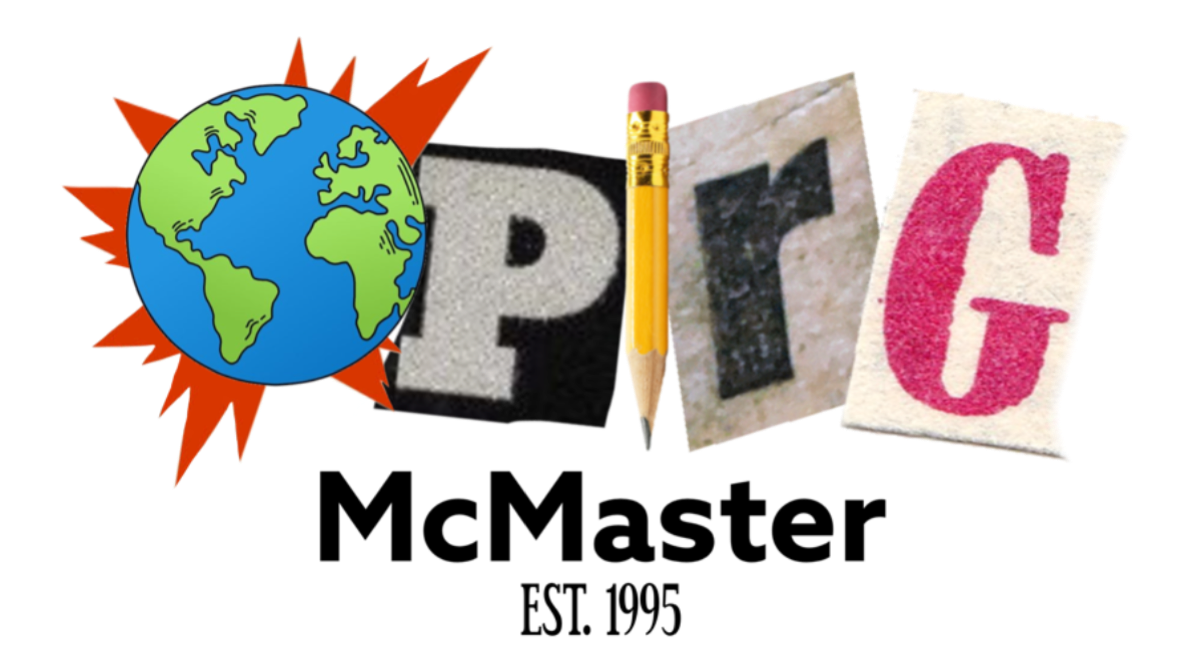Amazon article
 Report from Venezuela, by Rika Sawatsky
Report from Venezuela, by Rika Sawatsky
(OPIRG McMaster assisted with some funding to help sponsor Rita's work)
After our sad goodbyes at the boys' home in San Sebastian, our team headed off to some city two hours away to catch a bus to our next destination. We were beginning to realise that a lot of Venezuelans do not stick to a strict schedule of time, or anything for that matter. When we arrived in Caracas, our host there had warned us about "Venezuela time"--that people never stick to a schedule but get to things when they get to things. Our bus in this city was three hours late, but when one of our team leaders went to make sure that our bus was not outside (for the fifth time at least), we found out that the bus was about to leave and had been sitting there for 2 hours unannounced. We had to argue our way onto the bus, and upon getting on the bus, found out that it was not a double decker bus, nor did it have a washroom (both of which were promised by the lady who sold us our tickets. The lack of a washroom scared a few of us at the time because we were suffering from TD). In short, our overnight bus ride into the Amazon was memorable, although incredibly uncomfortable.
Fifteen hours later, we arrived in Puerto Ayacucho, the capital of the Amazon state of Venezuela. We were surprised to see that the city was quite a bit larger than San Sebastian. We were staying at a Baptist church there, sleeping in hammocks on the roof of the parish. We took truck rides out to indigenous villages almost every day of our two-week stay in the Amazon. Although we had a native Spanish speaker on our team, it was hard for many of us to build much of any relationship with the people. She (the Spanish speaker) could not translate more than one conversation at the time, and because we were constantly on the go during the day, it was hard to find the time to really work out a conversation across language barriers. Nevertheless, hanging out with the kids and appreciating the people's hospitality did not require us to speak any native languages, and I truly enjoyed the opportunity to meet these people.
In terms of more "traditional" volunteer work, we repainted the church building, did a lot of gardening, and spent a day cleaning up garbage around the pastor's father's house. His neighbours had taken advantage of the fact that he was a bedridden old man and have been tossing garbage (including diapers) into his backyard. Our team had gotten frustrated at times trying to reconcile our opinions of how things could be done more efficiently with trying to avoid looking like overbearing foreigners. For example, despite our gentle suggestions, the pastors' sons who were instructing us on the church's paint job refused to sand down the walls and doors, so we ended up painting over peeling paint. They also refused to purchase primers, and they expected us to paint the second coat while the first was still drying. I was getting quite frustrated because the church does not have much money to begin with, and if they painted the church "properly," they would end up saving a lot more money in the long run. The other concerning event was that instead of disposing of the garbage in the pastor's father's backyard through the city's disposal services, the environmental engineer who had volunteered to help out instructed us to dig a shallow hole in the backyard and dump the garbage in there.
We then took a day-long boat trip into the Amazon. We had a couple of indigenous guides that took us and cooked for us for the three days we spent at their village. The village had at most ten buildings, and they had a camp set up a fifteen minute walk away for visitors. We spent our full day with the children at the school, playing soccer, volleyball, and other games with the younger children. The locals showed us how to make various crafts with some palm tree leaves. I was particularly horrible at learning it, so there was a lot of laughing over that. Later in the afternoon we took a boat with the kids to a large rock protruding into the river and went fishing and swimming. The kids were like little monkeys. They were climbing up to the roof of the boat and jumping off (none of them were over the height of our hips and yet they had no trouble climbing the boat while some of us couldn't even get up there). The next morning, the children made costumes out of palm leaves and performed a traditional Piaroa dance as a farewell/thank you gesture. They said that they would often get tourists visiting them but that they never brought school supplies, and so they were happy that we brought them notebooks, pencil crayons, and soccer balls (thanks to OPIRG's and many other people's donations).
We spent the next 28 hours traveling up to the coast on another unpredictable bus ride. We arrived in Puerto La Cruz for debriefing--discussing the trip with our team members and taking some time to relax. A couple of days later we were back in Caracas for our flight back to Canada.
